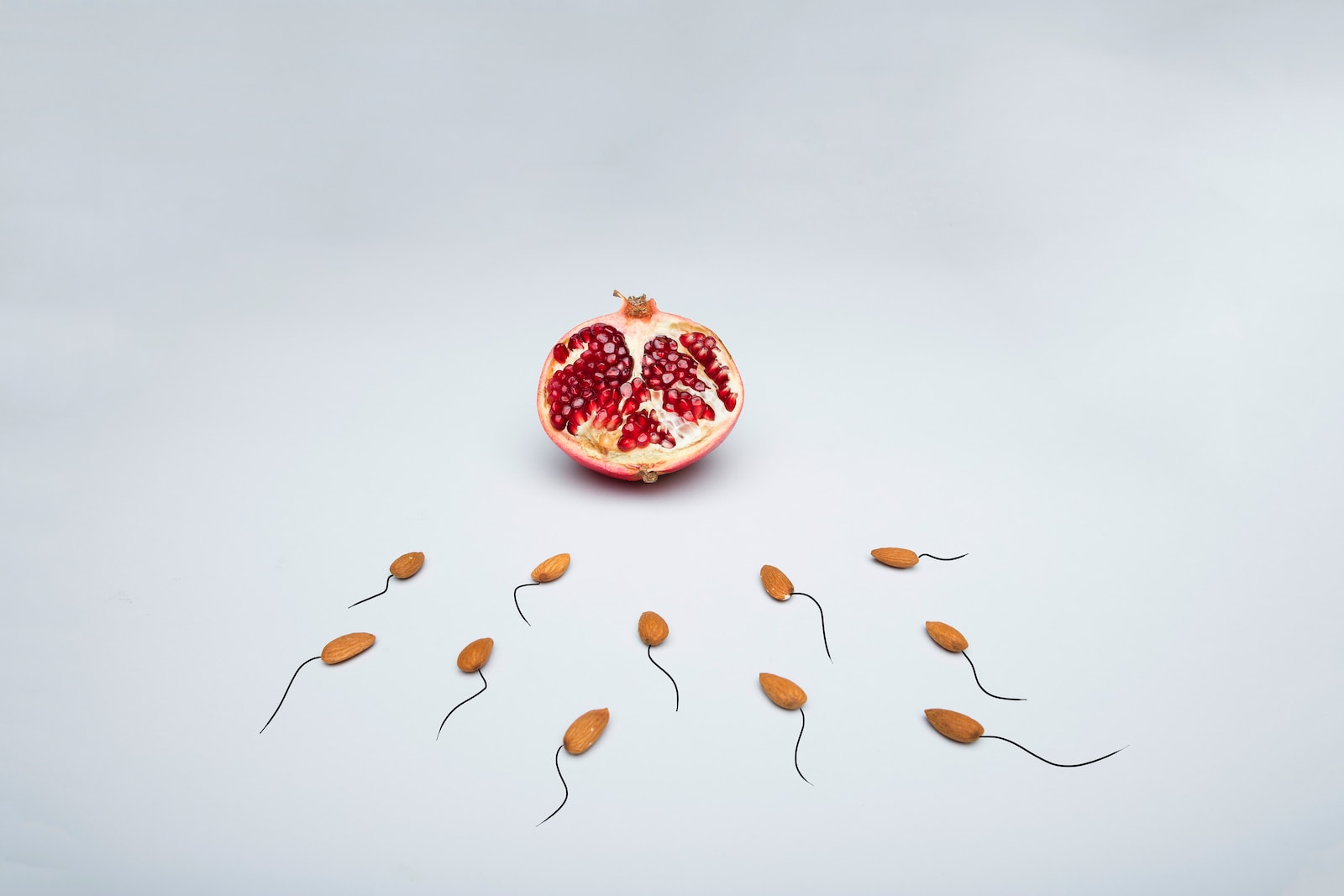Getting pregnant is more likely when you have sex in the days leading up to and during ovulation. During the fertile window, when you notice your most fertile cervical mucus—a clear, slippery discharge that looks like raw egg whites—sperm can more easily meet up with a released egg.
Your BBT temperature also rises during the ovulation period, which improves your chances of pregnancy.
1. You’re ovulating.
A woman’s most fertile time of the month occurs just before and during ovulation, which is when an egg is released. Cervical mucus becomes thinner, clearer and more slippery at this point, facilitating conception. Many women who want to conceive try to identify this change in their body by paying attention to the texture of their vaginal secretions or using an at-home ovulation predictor kit (OPK) that looks like a pregnancy test. The kits detect a surge in luteinizing hormone, or LH, which signals that you are about to ovulate.
The day of ovulation is also considered one of the most fertile days of the cycle because sperm can survive for up to 24 hours after an egg has been released. That means that if you have unprotected sex during this time, your chances of getting pregnant are high.
However, if you limit yourself to only having sex during this window, your chances of conception can decrease. That’s because ovulation doesn’t always happen at the same time each month, and it can be difficult to pinpoint when an egg is about to be released. That’s why experts recommend having sex regularly throughout the month, with at least a few sessions during your most fertile period. Having sex more often than that, but less than two days before ovulation, can still boost your odds of getting pregnant.
2. You’re receptive.
Women who use fertility tracking methods—such as basal body temperature (BBT) charting, cervical mucus observations, and ovulation predictor tests—can increase their chances of getting pregnant by timing their sexual intercourse around a six-day period that ends with the day of ovulation. However, a woman’s chances of pregnancy actually peak several days before and after this window.
In fact, having sex the day of ovulation only increases your chance of conception by a tiny bit, because an egg has a very short life span once it’s released. Instead, it’s important to have fairly frequent, unprotected sex all throughout the month—but especially in the five days before ovulation and on the day of it.
As you near your fertile window, LH levels are on the rise and you’re receptive to sperm—so even if you haven’t hit your ovulation window exactly, it’s worth trying for a baby.
And, don’t be afraid to try oral sex during this time! In fact, the tingles and flood of oxytocin during orgasms may help propel sperm into the cervix. Plus, it’s a great way to get some much-needed intimacy in the bedroom. Just be sure to wash up well afterwards! The last thing you want is for your sperm to get infected with the wrong type of bacteria. For more tips and support on fertility, check out our blog, Fertility Friday!
3. You’re fertile.
If your menstrual cycle is regular, your chances of getting pregnant are highest the two days before and the day of ovulation. These are known as your fertile window.
You can identify your fertile window by a rise in the hormone luteinizing hormone (LH), a positive ovulation test, or by watching your cervical mucus. The mucus is typically stretchy and egg white in appearance right before ovulation.
The sperm’s life expectancy is incredibly short, and it only has a few days to travel from the cervix to the egg once ovulation occurs. So, to maximize their odds of success, sperm should be able to easily enter the uterus.
Having sex during your fertile window helps make that possible, and research shows that even couples who have sex outside of this period can still get pregnant. However, having sex during your fertile window will greatly increase your odds of conceiving.
Some women who are trying to conceive find it hard to believe that having sex early in the month can actually help them become pregnant. They worry that they may be wasting time and resources if they have sex too soon. In fact, many women who are not able to conceive quickly or at all end up doing everything they can to try to improve their odds, including abstaining from sex altogether.
4. You’re ready.
Having sex a day or two before ovulation isn’t going to be an automatic baby-maker. That’s because sperm have a relatively short life span and need to be there at the right moment to fertilize an egg. That’s why it’s important to use a reliable birth control method if you don’t want to become pregnant.
But the good news is that, even if you’re not using birth control, you can increase your chances of getting pregnant by having regular sex during the time in your cycle when ovulation is most likely to occur. The key is to try to anticipate your ovulation window by tracking your ovulation signs, such as cervical mucus and basal body temperature. Using apps can help you determine when your fertility is peaking, and many experts recommend having unprotected sex every other day during this six-day window to improve your odds of conception.
Having sex too close to the moment of ovulation can actually hurt your chances of becoming pregnant, according to one study. That’s because sperm may die before reaching the egg, which can lead to miscarriage. That’s why it’s important not to rush things, and take some time to enjoy yourself in the weeks before you think you might be ovulating. Orgasms during the fertile phase can also give you a boost, as the tingles and flood of oxytocin that accompany orgasms may aid in sperm movement and increase your chances of conception.

